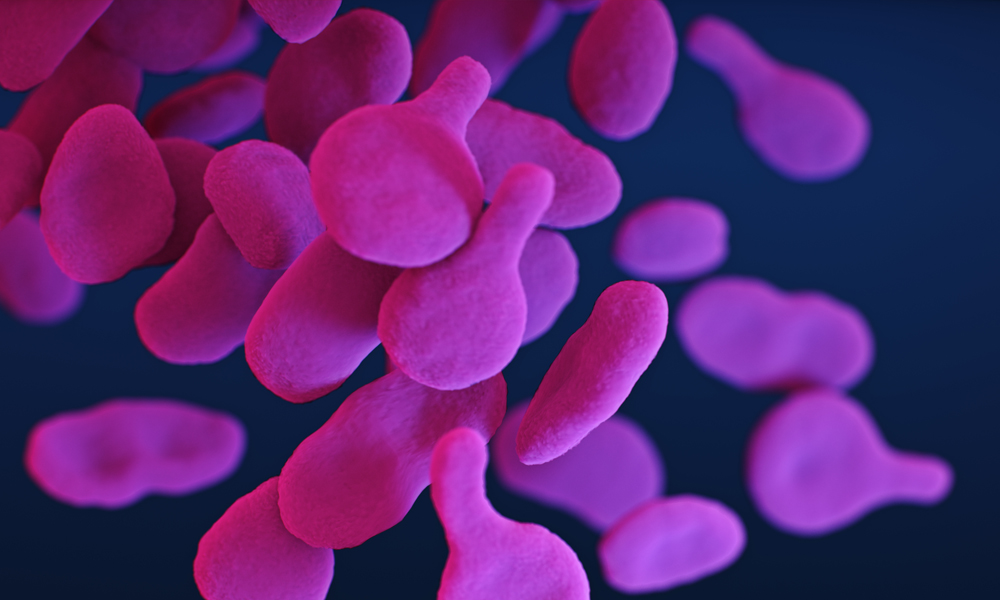Face HIV/AIDS head-on by knowing your status…
Every December 1, World AIDS Day provides the opportunity for people worldwide to come together in the fight against HIV, to show support for people living with HIV, and to commemorate those who have died from an AIDS-related illness.
For both preventing the spread of AIDS and living with a positive diagnosis, awareness is key. That’s why, for the 30th anniversary of World AIDS Day, the theme this year is Know your Status. It is estimated that in 2016, at least 14 per cent of HIV-positive Canadians did not know they were infected. That means they were – and could still be – at a high risk for developing AIDS and life-threatening opportunistic infections, and of spreading the disease to others through unprotected sex, pregnancy, breastfeeding, and intravenous drug use.
In 2016, an estimated 36.7 million people worldwide (approximately 63,000 of them Canadian) were living with HIV, with 1.8 million new cases in that year alone. According to the UNAIDS Data 2018 report, an estimated 940,000 people worldwide died of AIDS-related illnesses in 2017. With numbers like that, it’s hard to believe that HIV and AIDS research has come so far since the disease was first clinically observed in 1981.
Although there is still no cure or vaccine for HIV or AIDS, antiretroviral treatment can slow the course of the disease and lead to a near-normal life expectancy. There is also evidence that, so long as a person living with HIV takes treatment and maintains an undetectable viral load, they do not transmit the virus to their sexual partners. Studies have demonstrated that “undetectable equals untransmittable,” or U=U. That discovery has done a lot to lessen the stigma surrounding a positive diagnosis, and allowed people living with the disease to feel it is possible to lead a more normal life.
But in order for HIV-positive people to reach U=U status, they have to be willing to get tested in the first place. Organizations such as The Canadian AIDS Society, CATIE (Canadian AIDS Treatment Information Exchange) and The Canadian Foundation for AIDS Research (CANFAR) are just some of the non-profits in Canada that are committed to educating the public about the realities of HIV/AIDS and to removing barriers that prevent anyone and everyone from getting tested.
Because of the stigma and discrimination associated with a positive diagnosis, many people don’t get tested for HIV until they start to notice symptoms – which could start years after they actually contracted the virus. That’s why increasing opportunities for self-testing, community-based testing, and offering confidential test results are all essential.
These days, a positive diagnosis isn’t the imminent death sentence it once was. Treatment has improved exponentially, but it still depends on people being aware of their options and having the support they need to seek answers. Founded in 1988, World AIDS Day was the first-ever global health day. To this day, it is designed not only to inform the public and prevent the spread of AIDS, but also to help and support those who are currently affected by the disease.
Show your support on December 1 by attending a fundraiser, donating to a non-profit that works for HIV/AIDS awareness, and wearing a red ribbon to honour the millions of people who have been affected by the disease.
—
COURTNEY HARDWICK is a Toronto-based freelance writer. Her work has appeared online at AmongMen, Complex Canada, Elle Canada and TheBolde.






POST A COMMENT